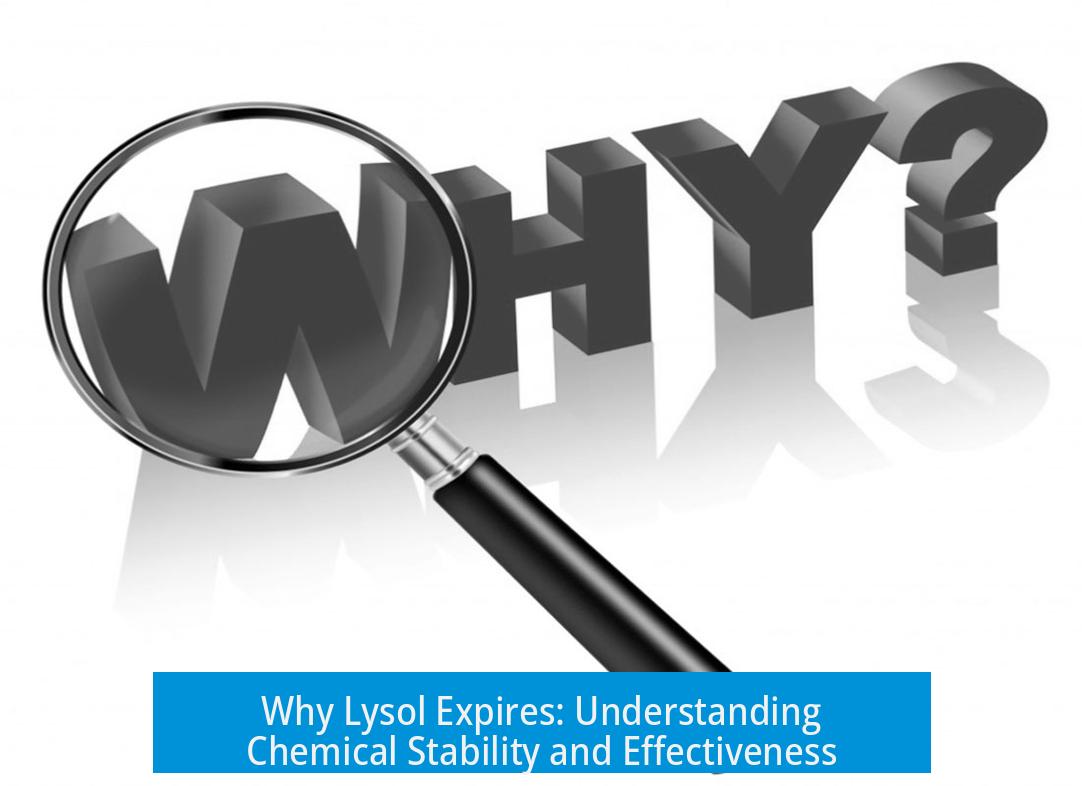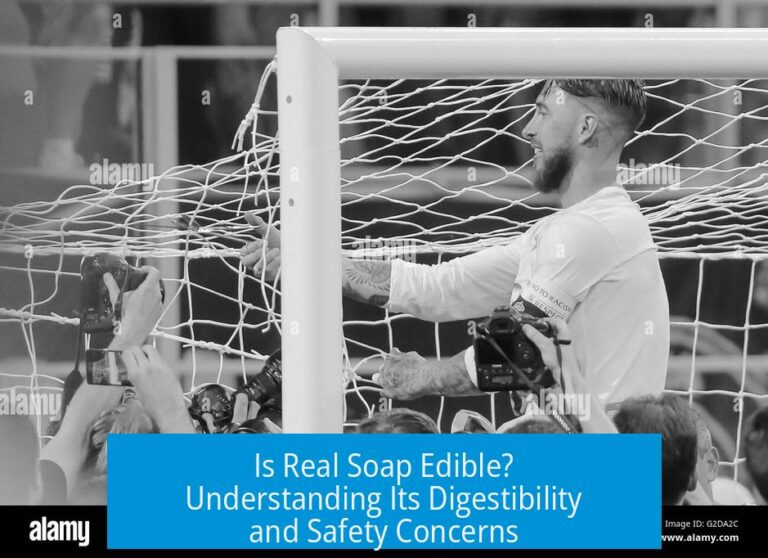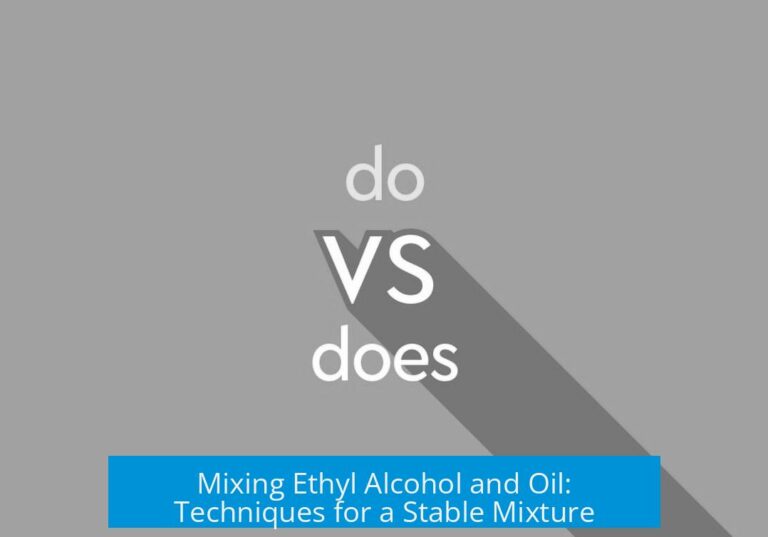Why Would Lysol Expire?
Lysol expires because its chemical potency, particularly the concentration of active ingredients like ethanol, decreases over time, reducing its effectiveness in killing germs. The product’s stability depends on its chemical composition and storage conditions. Over time, the key disinfectant agents degrade or evaporate, which compromises the product’s germ-killing ability.
Chemical Expiration: An Inevitable Process
All chemicals have a lifespan. Lysol, like many disinfectants, contains volatile compounds. The primary active ingredient, ethanol (EtOH), is highly volatile. Once the bottle seal breaks, ethanol begins to evaporate each time the container is opened. This evaporation reduces the concentration of ethanol below effective levels over time.
Decline in Effectiveness
After about two years, Lysol’s ability to kill germs significantly declines. Studies suggest that ethanol concentration can drop below 58% after prolonged use, impairing its disinfectant properties. Lower concentrations of ethanol reduce the product’s capacity to eliminate harmful bacteria and viruses.
Stability Testing and Expiration Dates
Manufacturers carry out stability testing before selling products like Lysol. The testing involves storing the product under various conditions—different temperatures, humidity levels, and lighting—and then measuring the concentration of active ingredients. This ensures that the product meets the intended effectiveness during its shelf life, typically two years.
These tests help producers recommend safe usage periods, ensuring consumers use Lysol when it is most effective. The expiration date on the packaging reflects results from these rigorous stability studies.
Comparison to Other Expirable Products
Like bottled water or pharmaceuticals, Lysol bottles exhibit expiration dates to guarantee safety and function. Though the container itself might not degrade, the liquid inside loses potency. This is why it is essential to heed the expiration date for optimal sanitization.
Key Takeaways
- Lysol’s active ingredient, ethanol, evaporates over time reducing germ-killing ability.
- Effectiveness typically declines after two years post-manufacturing.
- Manufacturers set expiration dates based on stability testing under various conditions.
- Expired Lysol may not disinfect efficiently even if it appears unchanged.
- Proper storage in cool, dry places can help maintain effectiveness longer.





Leave a Comment